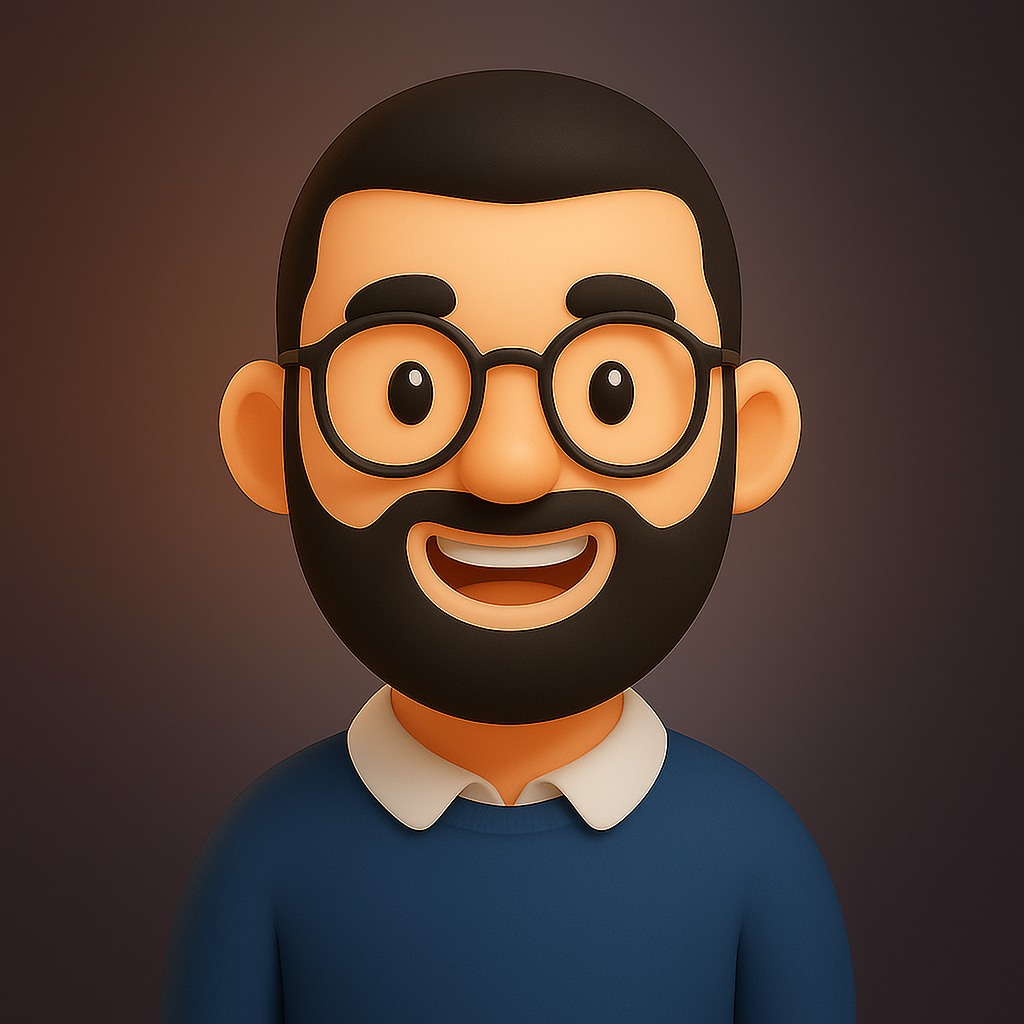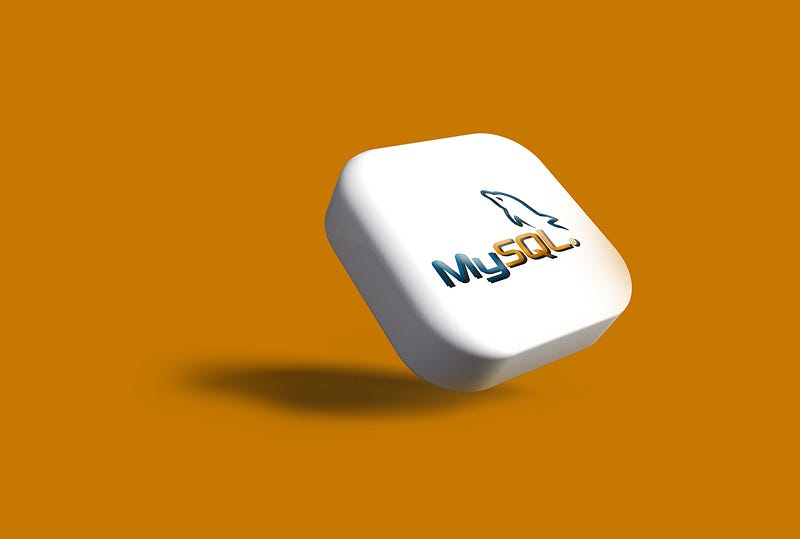10 Essential Math Concepts for Programmers
Unraveling the Magic Behind Advanced Technology with Fundamental Mathematical Concepts

In an era dominated by technology, it’s common to hear the adage, “You don’t need math to code.” While there’s some truth to it, diving deeper into the realms of computing and software design reveals the essential nature of mathematics. Like the fabric underlying the universe, math not only describes but enables the intricate choreography of bits and bytes.
1. Boolean Logic: The Basic Building Block
Every time you code a conditional or decide which block of code to execute, you’re dabbling in Boolean algebra. This binary logic system, consisting of ‘True’ or ‘False’ values and operators such as ‘AND’, ‘OR’, and ‘NOT’, forms the basis of most coding logic. Remember, a solid grasp on these fundamentals can simplify the most convoluted algorithms.
2. Numeral Systems: Speaking the Computer’s Language
Humans are accustomed to the base-10 system, thanks to our ten fingers. Computers, however, converse in a language of 1s and 0s, known as the binary or base-2 system. Understanding this and other numeral systems, like hexadecimal, becomes essential, especially when working closely with computer memory or hardware.
3. Floating Point Precision: Why 0.1 + 0.2 isn’t Quite 0.3
Computers are precise, but sometimes they deliver unexpected results due to how they store numbers. Floating point numbers, a method to represent real numbers in computing, can sometimes cause tiny inaccuracies. Understanding the reasoning behind this can save hours of debugging and confusion.
4. Logarithms and Algorithms: Efficiency in Scaling
Logarithmic scales and functions pop up frequently in computer science, especially in the realms of algorithm efficiency. Think binary search or data structures like trees. Recognizing logarithmic patterns can help fine-tune performance and scalability.
5. Set Theory: The Backbone of Databases
Whether it’s SQL or NoSQL, databases often employ set theory concepts. Joins, unions, and intersections aren’t just academic terms; they’re the bread and butter of creating efficient and accurate database queries.
6. Combinatorics: The Art of Counting
From generating all possible password combinations to predicting user matches on platforms like Tinder, combinatorics helps in enumerating possible outcomes. It’s the art and science of counting and offers tools to deal with complex combinations and permutations.
7. Graph Theory: Networks, Relationships, and More
In a world dominated by social networks, delivery routes, and web crawlers, graph theory plays a pivotal role. From understanding the shortest path to gauging the importance of a node, the applications are limitless.
8. Complexity Theory: Predicting Algorithm Performance
Before delving deep into coding, it’s paramount to gauge the efficiency of an algorithm. Big O notation and complexity theory allow developers to make educated choices about the best algorithms and data structures to use.
9. Statistics: The Underlying Fabric of AI and ML
Machine learning isn’t just magic; it’s mathematics. Predictive modeling, data analysis, and even neural networks heavily lean on statistical concepts. So the next time Siri or Alexa gives a surprisingly accurate response, remember there’s some heavy-duty statistics at play.
10. Linear Algebra: Transforming the Virtual World
Gaming graphics, augmented reality, or even certain encryption techniques are empowered by linear algebra. Matrices, vectors, and their transformations play a pivotal role in crafting virtual worlds and cryptographic systems.
Conclusion
Mathematics, in essence, is a language. A language that bridges human logic with the digital precision of computers. So the next time someone suggests that math and programming are worlds apart, remember the magic that unfolds when they converge.
If you enjoyed this unraveling of tech magic, share, clap, and follow for more insights into the dynamic world of technology and programming!
Got a Product Idea?
I build MVPs, web apps, and SaaS platforms in 7 days. Fixed price, real code, deployed and ready to use.
⚡ Currently available for 2-3 new projects

About Hafiz
Full Stack Developer from Italy. I help founders turn ideas into working products fast. 9+ years of experience building web apps, mobile apps, and SaaS platforms.
View My Work →Get web development tips via email
Join 50+ developers • No spam • Unsubscribe anytime
Related Articles

A Beginner’s Guide to MySQL: Setting Up Your First Database and User
Navigate the essentials of MySQL with ease, and kickstart your journey in databa...

10 Free AI Tools Every Developer Should Harness in 2023
Elevate Your Coding Game Without Breaking The Bank

Why Coding is Not Enough Anymore in the Tech Landscape
Evolving from a coder to a holistic software developer in a multifaceted tech ec...